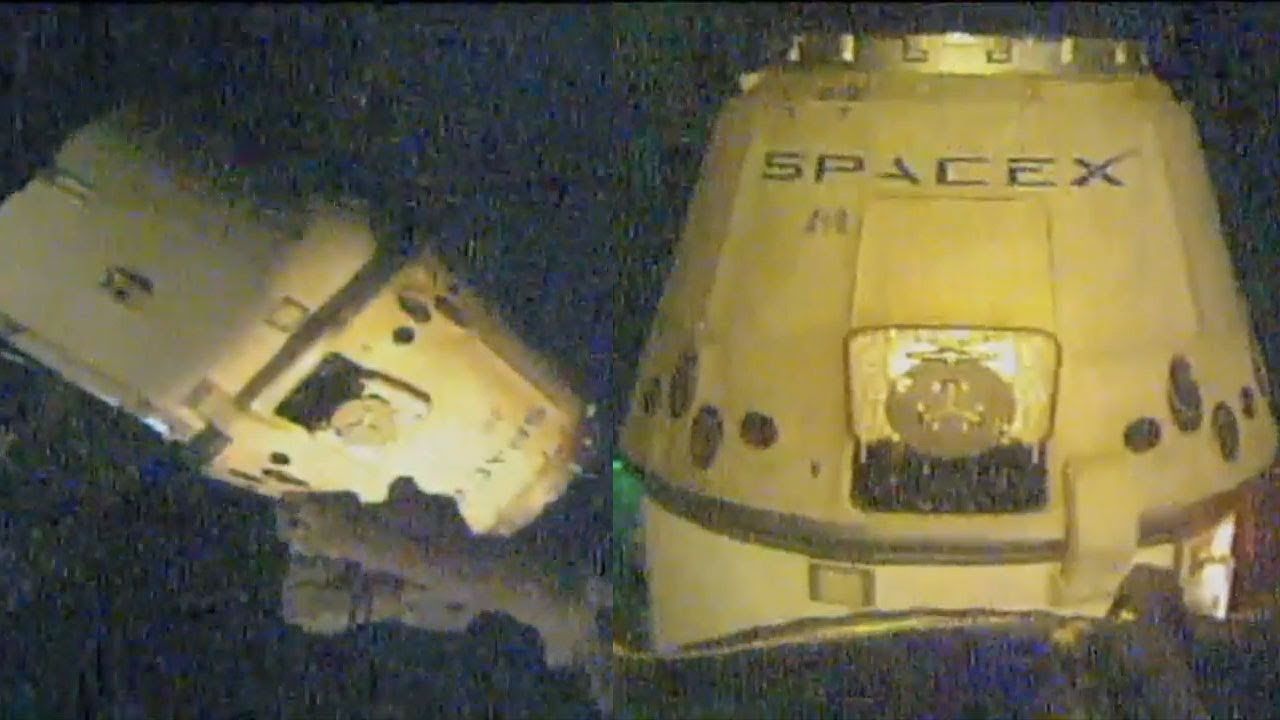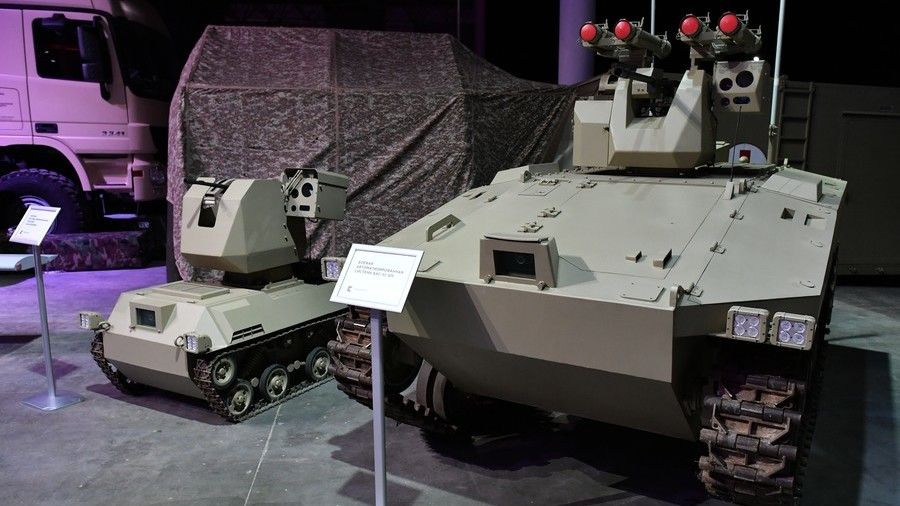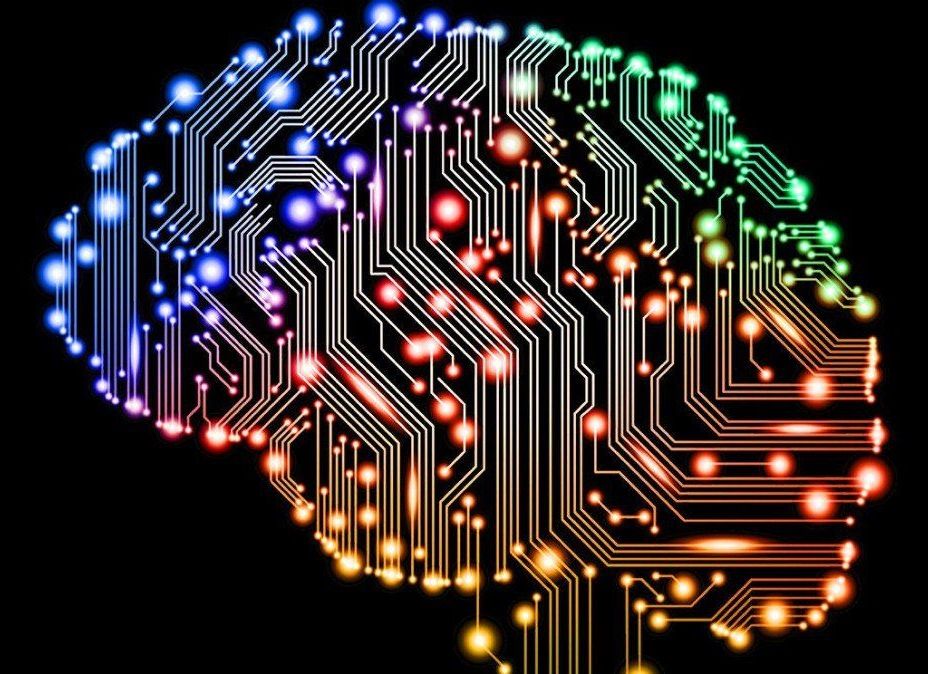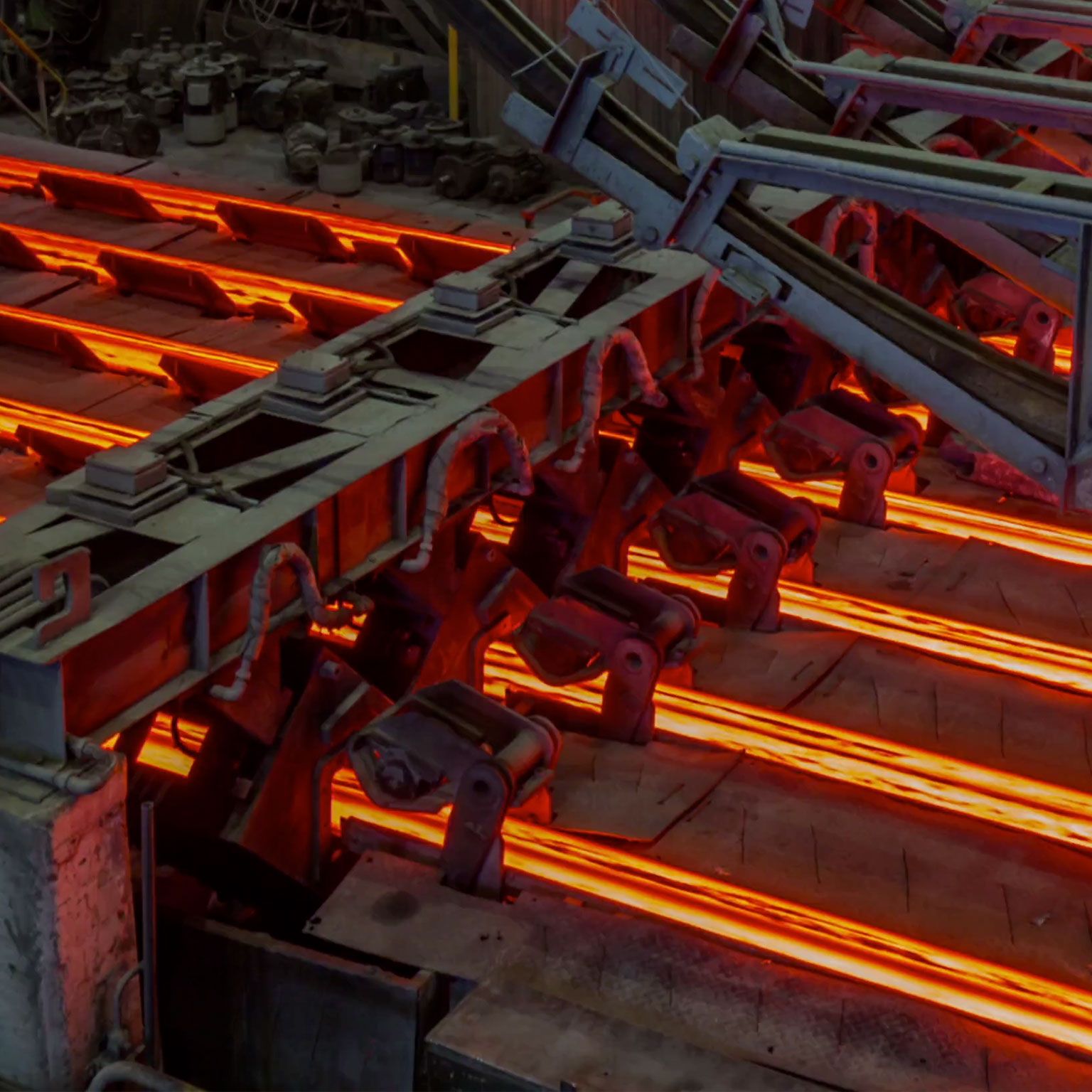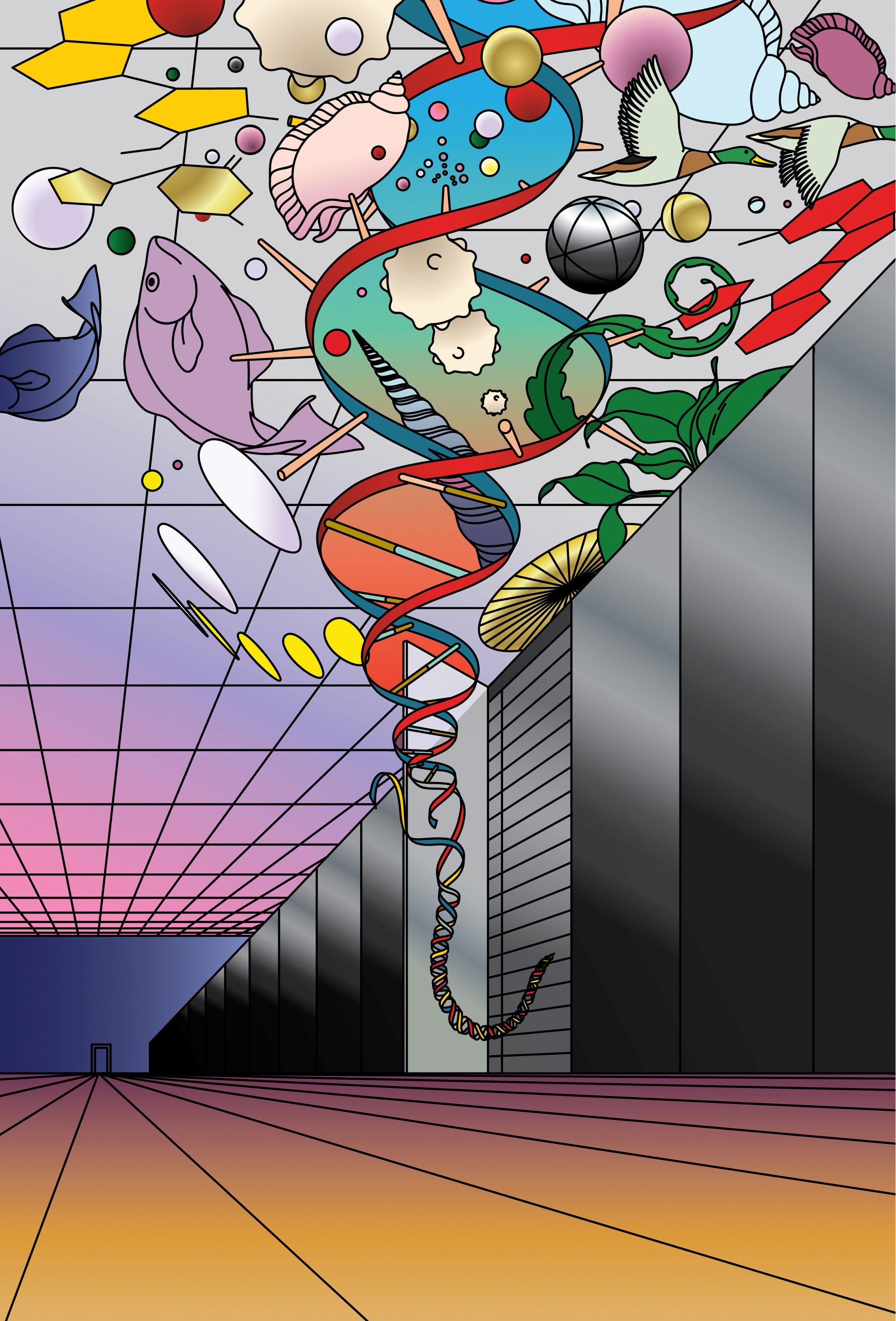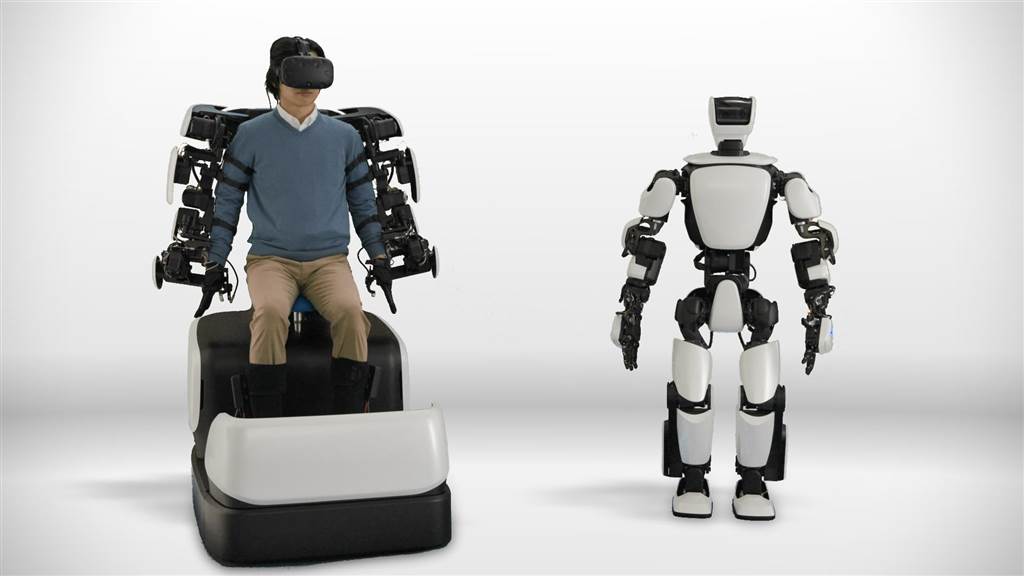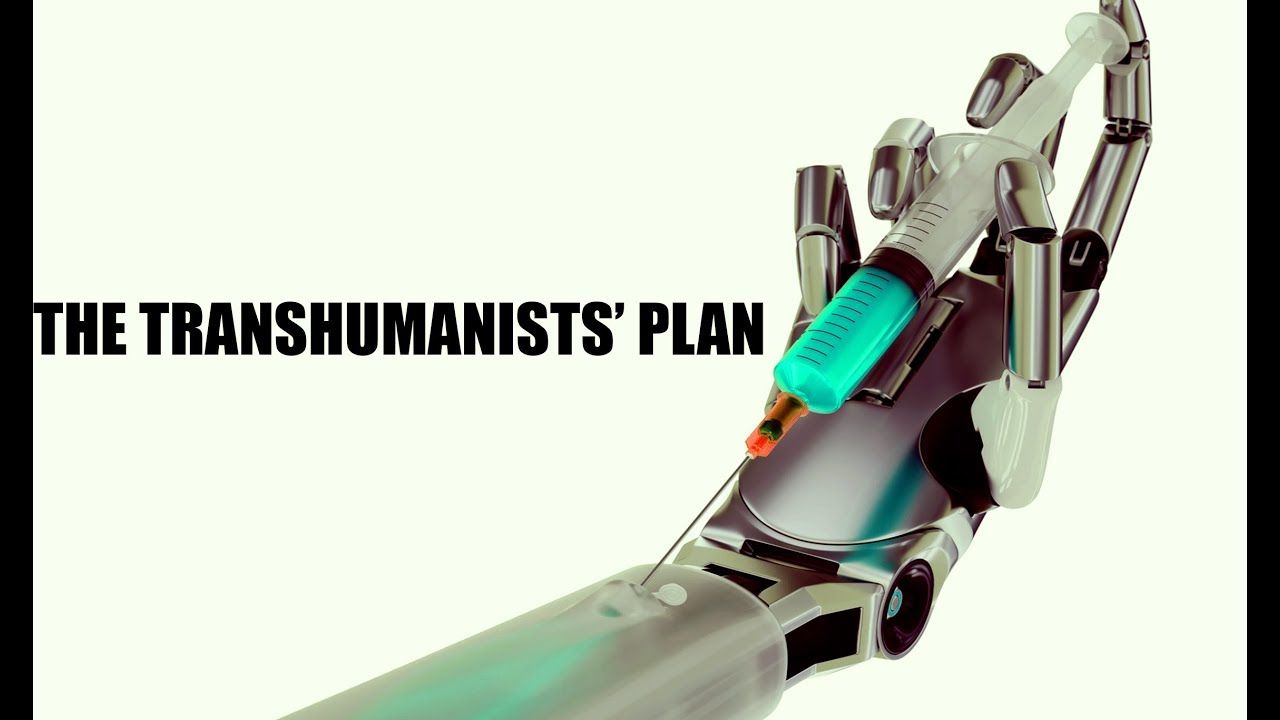Welsh police have made 2000 positive IDs and 450 arrests with the technology.
Category: robotics/AI – Page 2,195
This is so cute!
In today’s adorable-and-I’m-not-crying-you’re-crying news, NDTL reports that an engineer in New Delhi named Milind Raj saved a puppy using a drone he equipped with a giant claw.
Raj was out for a morning walk in New Delhi when he heard whimpering and traced the sound to a puppy that had become stuck in a boggy drain between two roads. Raj said the condition of the puppy was “miserable” and tells The Verge that local residents had heard the animal crying for two days. Others hadn’t stepped up to the task of trying to rescue the pup because “the drain was so filthy,” says Raj. “It was not possible for a human to rescue the puppy without endangering their own life.”
Raj decided to take up the task himself, and immediately set to work constructing a drone capable of rescuing the pup. Even though Raj has an extensive history in both AI and robotics, he said building the right tools was a challenging exercise. Within a few hours, he had strapped a robotic arm with a claw of sorts to a six-rotor drone, both custom-made in his lab, located in the city of Lucknow. While he had built the drone itself two years ago, the arm he equipped it with was something he specifically created for this rescue, installing sensors to track heartbeat and breathing patterns to keep tabs on the wellness of the puppy. “The AI helped me monitor the animal’s heart rate,” he said. “If the grip was too tight, the pup would suffocate.”
The Dragon cargo ship made it back home on the same day NASA launched the InShight Mars lander, after its return to Earth was delayed for three days.
After a month of preparation, SpaceX’s unmanned Dragon capsule has finally returned to Earth on May 5, safely delivering its precious cargo, Space.com reports.
The Dragon cargo capsule splashed down in the Pacific Ocean at about 3 p.m. EDT (12 p.m. PDT, 19:00 GMT), a few hours after leaving the International Space Station (ISS).
The battlefields of the future look set to be the province of robots duking it out on the field as their operators sit pretty, miles away. Russia is moving in leaps and bounds towards fielding its own unmanned forces.
Modern robots are nothing like the Terminator: Fielding human-shaped automatons for combat is much more trouble than it’s worth, so most ground robots are more or less tank- or car-shaped. They aren’t fully controlled by an artificial intelligence, either – not just yet, at least.
With its enormous war budgets and military industrial sector, it’s no surprise the US has been at the forefront of unmanned combat vehicle development. Its Predator drones have been raining death on Pakistan, Afghanistan and Yemen for over 15 years now, and it has been employing small, ground-based firing platforms like SWORDS for years, not to mention the multitude of bomb disposal and surveillance robots.
AI Robotic Plant
Posted in robotics/AI
Artificial intelligence has the potential to create trillions of dollars of value across the economy—if business leaders work to understand what AI can and cannot do.
In this episode of the McKinsey Podcast, McKinsey Global Institute partner Michael Chui and MGI chairman and director James Manyika speak with McKinsey Publishing’s David Schwartz about the cutting edge of artificial intelligence.
David Schwartz: Hello, and welcome to the McKinsey Podcast. I’m David Schwartz with McKinsey Publishing. Today, we’re going to be journeying to the frontiers of artificial intelligence. We’ll touch on what AI’s impact could be across multiple industries and functions. We’ll also explore limitations that, at least for now, stand in the way.
https://www.wired.com/…/biology-will-be-the-next-great-comp…
In some ways, Synthego looks like any other Silicon Valley startup. Inside its beige business park facilities, a five-minute drive from Facebook HQ, rows of nondescript black server racks whir and blink and vent. But inside the metal shelving, the company isn’t pushing around ones and zeros to keep the internet running. It’s making molecules to rewrite the code of life.
Crispr, the powerful gene-editing tool, is revolutionizing the speed and scope with which scientists can modify the DNA of organisms, including human cells. So many people want to use it—from academic researchers to agtech companies to biopharma firms—that new companies are popping up to staunch the demand. Companies like Synthego, which is using a combination of software engineering and hardware automation to become the Amazon of genome engineering. And Inscripta, which wants to be the Apple. And Twist Bioscience, which could be the Intel.
All these analogies to the computing industry are more than just wordplay. Crispr is making biology more programmable than ever before. And the biotech execs staking their claims in Crispr’s backend systems have read their Silicon Valley history. They’re betting biology will be the next great computing platform, DNA will be the code that runs it, and Crispr will be the programming language.
The breakthrough is in its mobile joints that accurately mimic human kinetics.
Toyota has been working on humanoid robots for a while. It recently unveiled the THR-3 that’s built to test specific joints and movements by putting together a full body that can be controlled by a human operator. The robot can mimic a variety of human movements in real time. Apr.23.2018
https://paper.li/e-1437691924#/
Cyborgs, chimera, body modifications, genetic modification, AI & transhumanism Is there a posthuman future? Will it be the end of humanity? Steve Quayle & Tim Alberino join David Knight to survey the dark side of tech & the new NWO religion. More From The Author: Whites.


